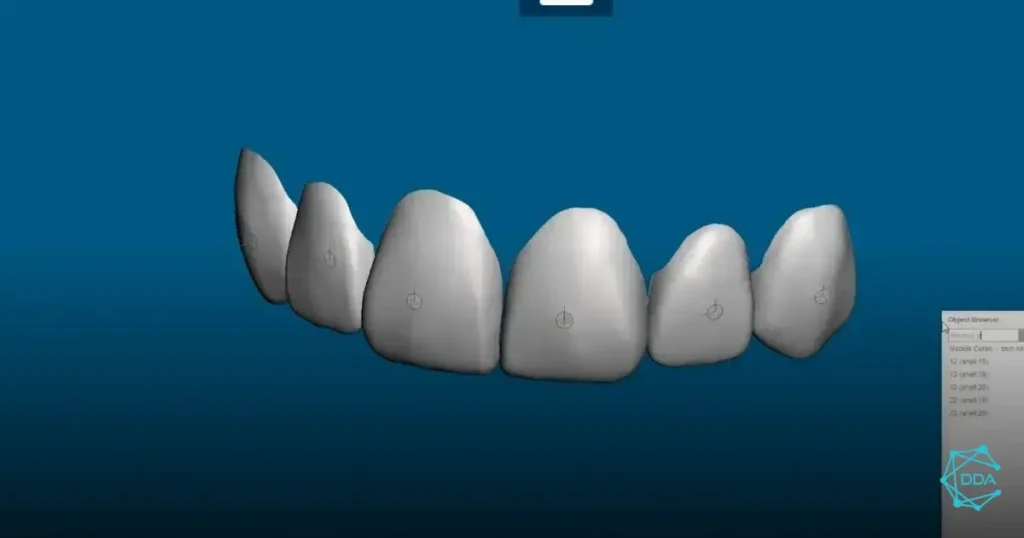A digital dental training is transforming the way professionals in the field update themselves and improve their skills. With the advancement of technologies and the growth of online education, it is possible to access quality courses and training from anywhere. In this article, we will explore the advantages of this new approach to training dentists and how it can positively impact dental practice.
What is Digital Dental Training?
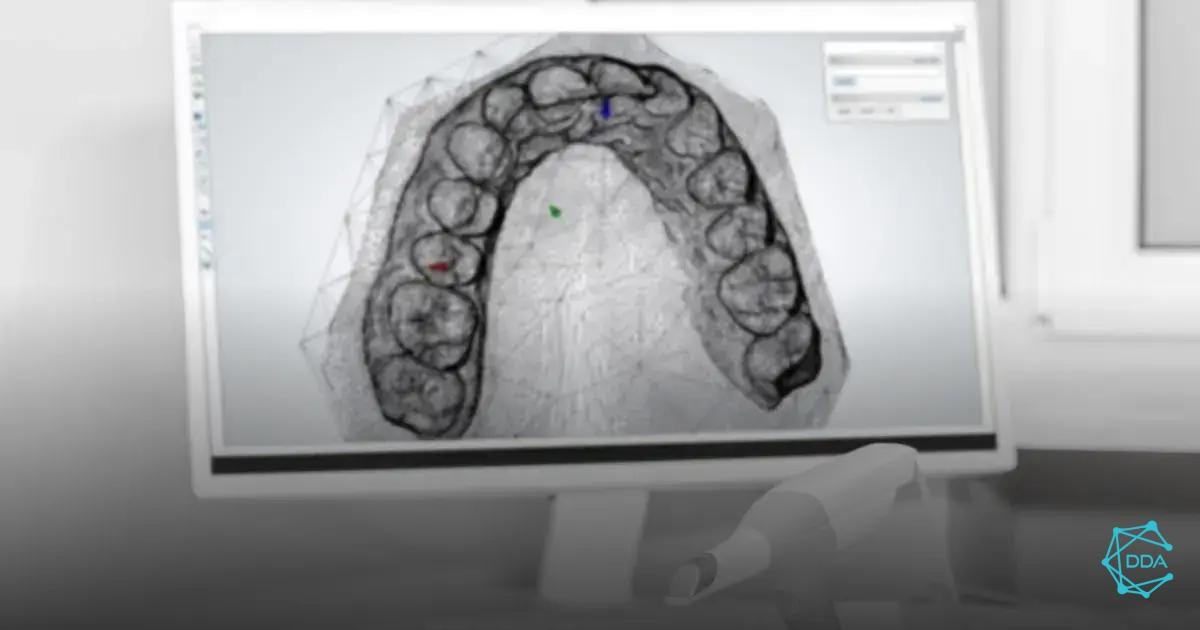

A digital dental training refers to the use of digital technologies for the training and updating of dental professionals. Through online platforms, dentists can access courses, webinars and educational materials that cover the latest techniques and best practices in the industry.
This type of training allows professionals to update themselves without having to travel, facilitating access to information and learning. In addition, digital training provides a flexible schedules, allowing dentists to organize their studies according to their schedule.
By using resources such as videos, simulations and discussion forums, digital dental education becomes more interactive and engaging. Students can learn at their own pace, revisiting content whenever necessary.
In short, digital dental training is an essential tool for professionals who want to stay up to date and offer quality care to their patients, using the latest technologies and techniques available.
Benefits of Online Training
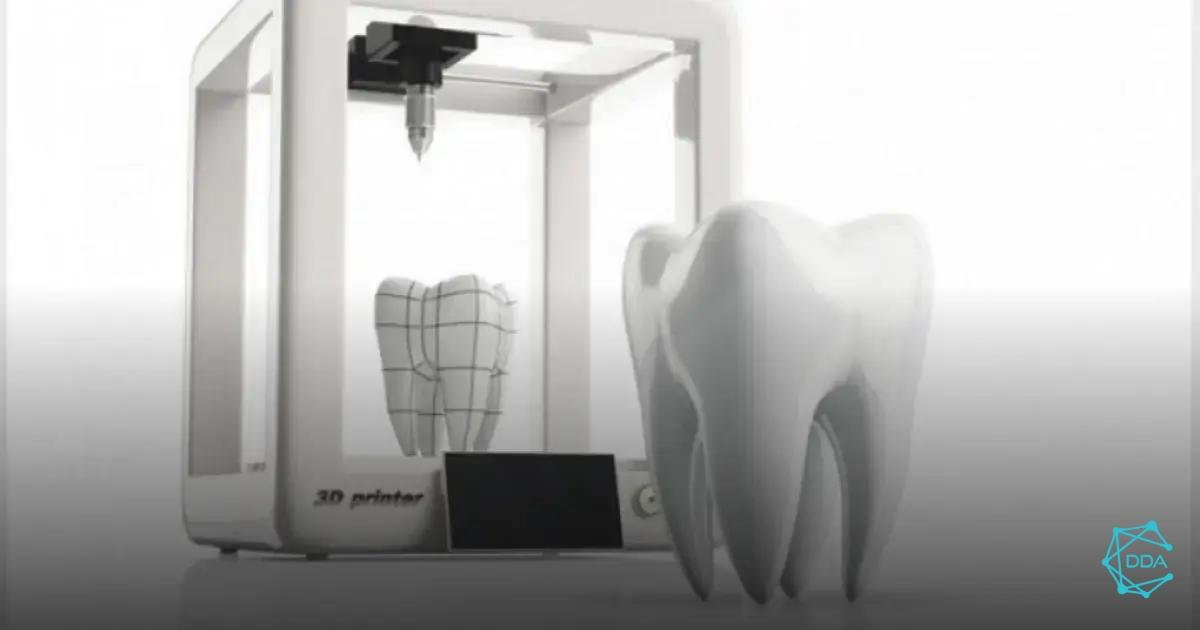

A online training in the dental field brings a series of benefits that make learning more accessible and efficient for professionals. One of the main positive points is the flexibility schedules, allowing dentists to study at times that best suit their routine, without compromising their clinical practice.
Another important benefit is the variety of content available. Online courses cover a wide range of topics, from advanced treatment techniques to practice management, providing a more complete and diverse education.
Furthermore, online training provides access to renowned experts and leading professionals who share their experiences and knowledge through recorded classes, webinars and workshops. This enriches the learning experience and provides valuable insights.
The cost of online training also tends to be more affordable compared to in-person courses. Students can often save on travel and accommodation expenses, making the training more financially viable.
Finally, online training allows professionals to develop skills in technology and self-learning, characteristics that are increasingly valued in the job market. This ability to adapt to new technologies is essential for success in modern dentistry.
Technologies Used in Training
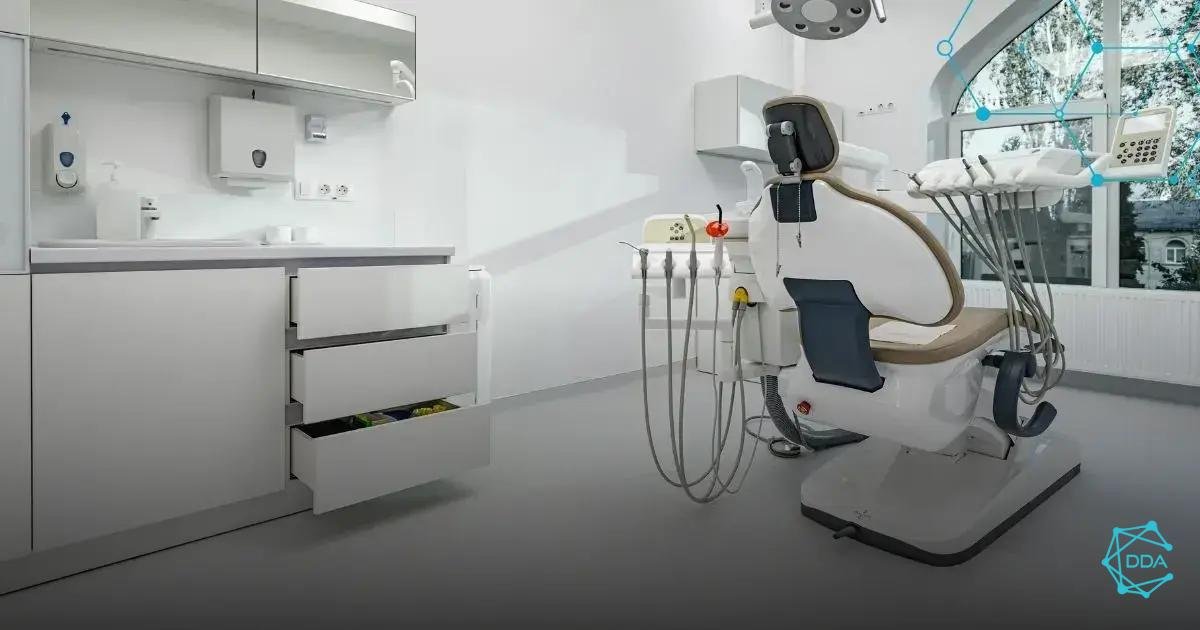

In the context of digital dental training, several technologies are used to provide a rich and interactive learning experience. Among the main ones, the following stand out: e-learning platforms, which allow the creation and distribution of online courses, facilitating access to knowledge in a scalable way.
To the video classes are another widely used technology, allowing students to view practical demonstrations and theoretical concepts in a clear and visual way. These classes can be watched at any time, providing flexibility and convenience.
Furthermore, the virtual simulations have been gaining prominence in dental training. They allow students to practice techniques and procedures in controlled environments, simulating real situations without any risk to patients. This practical approach is essential for the training of competent professionals.
You webinars are also an important tool as they provide the opportunity for real-time interaction with experts. During these events, participants can ask questions and obtain clarifications, further enriching the learning experience.
Finally, the use of discussion forums and online study groups promote the exchange of experiences and collaboration among students. This social interaction is a crucial component of professional development, allowing dentists to share challenges and learn from each other.
How Training Improves Dental Practice
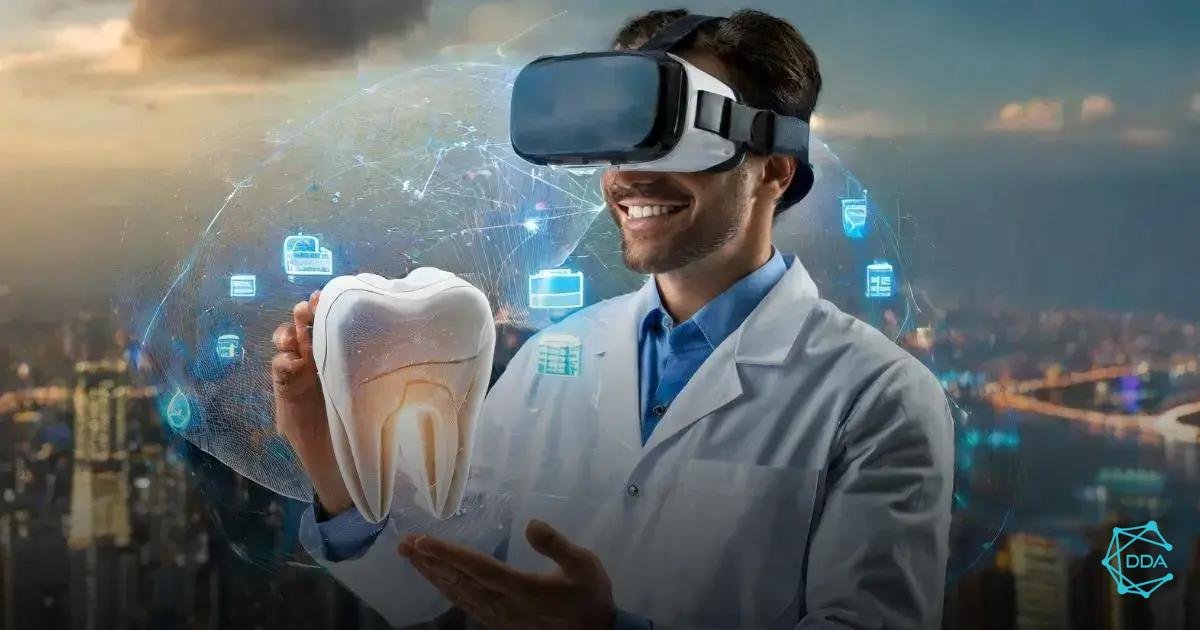

A digital dental training plays a crucial role in improving dental practice, bringing significant benefits to both professionals and patients. Firstly, by staying up to date with the latest trends and techniques, dentists are able to offer more effective and safer treatments, which results in greater patient satisfaction.
Furthermore, continuing education allows professionals to develop new skills and enhance existing ones. This is especially important in a constantly evolving field where new technologies and treatment methods are constantly emerging. Digital training provides the knowledge dentists need to integrate these innovations into their daily practice.
Another relevant aspect is the reliability that training brings to the dentist. With solid and up-to-date knowledge, professionals feel more confident in their clinical decisions, which minimizes errors and increases the quality of the care provided.
Furthermore, online training promotes a culture of continuous learning within clinics and offices. When dentists commit to ongoing training, this positively influences the entire team, creating an environment conducive to professional development and knowledge exchange.
Finally, digital dental training contributes to the innovation in practice. By learning about new approaches and technologies, dentists can implement changes that not only improve the efficiency of treatments, but also attract more patients, who seek updated and quality services.
Future Trends in Dental Education


To the future trends in dental education are being shaped by technological advances and changing market needs. The integration of emerging technologies How artificial intelligence and augmented reality promise to transform the way dentists are trained. These tools can provide more realistic and personalized simulations, improving the learning experience.
Another trend is the increase in personalization of learning. Using algorithms and data analysis, online education platforms will be able to offer content adapted to the level of knowledge and specific needs of each student, making learning more efficient and targeted.
A hybrid education, which combines face-to-face and online classes, is also becoming increasingly popular. This approach allows students to have flexibility while still experiencing direct interaction with teachers and peers, which enriches their education.
Furthermore, the interdisciplinary collaboration is gaining prominence in dental training. Integration with other areas of health, such as medicine and nutrition, can provide a more holistic view of patient care, preparing dentists for complex challenges.
Finally, the continuing education will be increasingly valued. Professionals who seek to constantly update themselves and develop new skills will be in high demand in the market. This will not only benefit dentists in their careers, but will also ensure that patients receive the best possible care.





